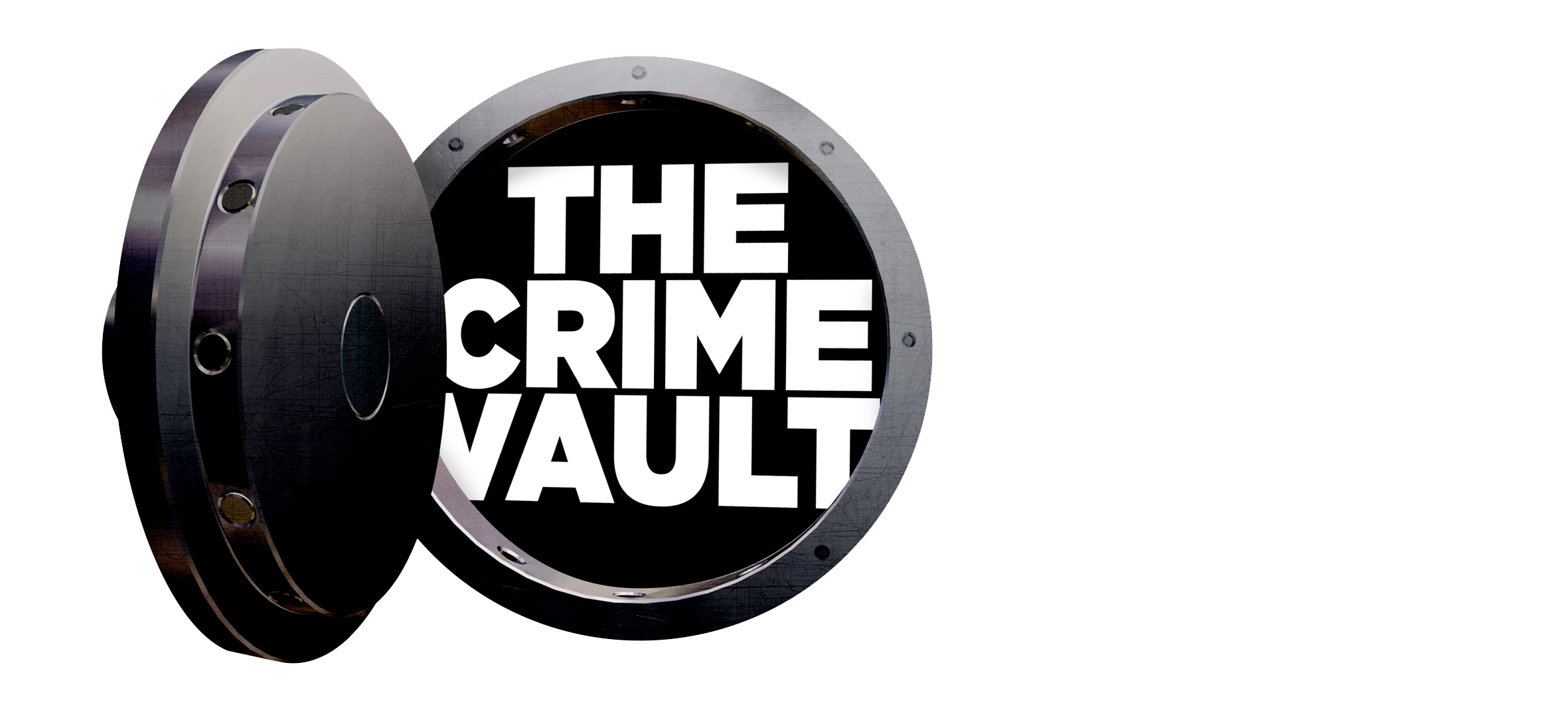The Crocodile and Me: A New Italian Crime Novel by Maurizio de Giovanni
I’ve been carrying the Crocodile around inside me since 1975. This was the year when, as a little boy, I saw at the cinema a film which terrified me with its subject matter and its way of framing a tragedy that could have occurred in any city and at any moment in time. The film was Mario Monicelli’s An Average Little Man, featuring the legendary Alberto Sordi: a director and an actor who was accustomed to make people laugh, but who on this occasion brought to life a tragic and dramatic story. A father, a mild-mannered retiree, suffers the trauma of the chance killing of his son during a shoot-out between the police and a gang of thieves, and vows to devote the rest of his existence to avenging his son’s death, becoming himself a terrible instrument of torture and death.
year when, as a little boy, I saw at the cinema a film which terrified me with its subject matter and its way of framing a tragedy that could have occurred in any city and at any moment in time. The film was Mario Monicelli’s An Average Little Man, featuring the legendary Alberto Sordi: a director and an actor who was accustomed to make people laugh, but who on this occasion brought to life a tragic and dramatic story. A father, a mild-mannered retiree, suffers the trauma of the chance killing of his son during a shoot-out between the police and a gang of thieves, and vows to devote the rest of his existence to avenging his son’s death, becoming himself a terrible instrument of torture and death.
Since then, I’ve always believed that the Invisible Man really exists: he is the anonymous figure, the loner, the old man who shuffles down the street, staying close to the wall, head down, lost in the memories of a life. He is the man whom no one would dream of approaching, whom no one wishes to speak to. Such a man is capable of bringing to fruition any manner of criminal enterprise because he is able to gain access to whatever places he wishes without being noticed or remembered. When I decided to write a story that would play up the lonely wildernesses, the immense archipelago of islands that modern Western cities are made of, I felt that my killer, the perpetrator who would end the lives of so many innocents, ought to be a silent denouncement of the indifference and self-imposed isolation of a society that communicates constantly but no longer talks.
Naples, in this novel, is a very different city from the Naples of the 1930s that I describe in my Inspector Ricciardi novels. She has ceased to be a community, one great single family that sacrifices any notion of individual privacy on the altar of solidarity and togetherness even if mired in poverty and despair, and has become instead a screaming metropolis in perpetual motion, caught up in millions of mainly illicit activities, her soul bartered in exchange for bigger profits. The city throws up an impenetrable wall of indifference that prevents the detective from gaining access to the information that will help him uncover the criminal, and all the while she acts as a shield for the criminal, allowing him to move around freely and plan a series of murders without anything standing in his way.
The novel is also, all the same, a love story. The love of fathers and mothers for their innocent children; the selfish love that chooses not to pose the question of what would best serve its object; the fragmented love that ends in separation. It’s also a novel about the desire and hope for love, a bond which can bring harmony where there is anguish, which can furnish us with new perspectives on the future.
A final word on the main characters of The Crocodile: Inspector Lojacono is a man who has known love, friendship, family life, and had them taken away from him thanks to a malicious lie. He feels he’s a dead man walking, but he’s not, and in the course of the novel we observe a kind of unwanted and unforeseen rebirth in him. The Crocodile is cold-hearted and fully conscious of his actions, he is carrying out a mission to which he has vowed his life. But of his torment, to which we, the readers, are witnesses, we can feel only a mixture of horror and pity.

The Crocodile is released on 06/06/13.






